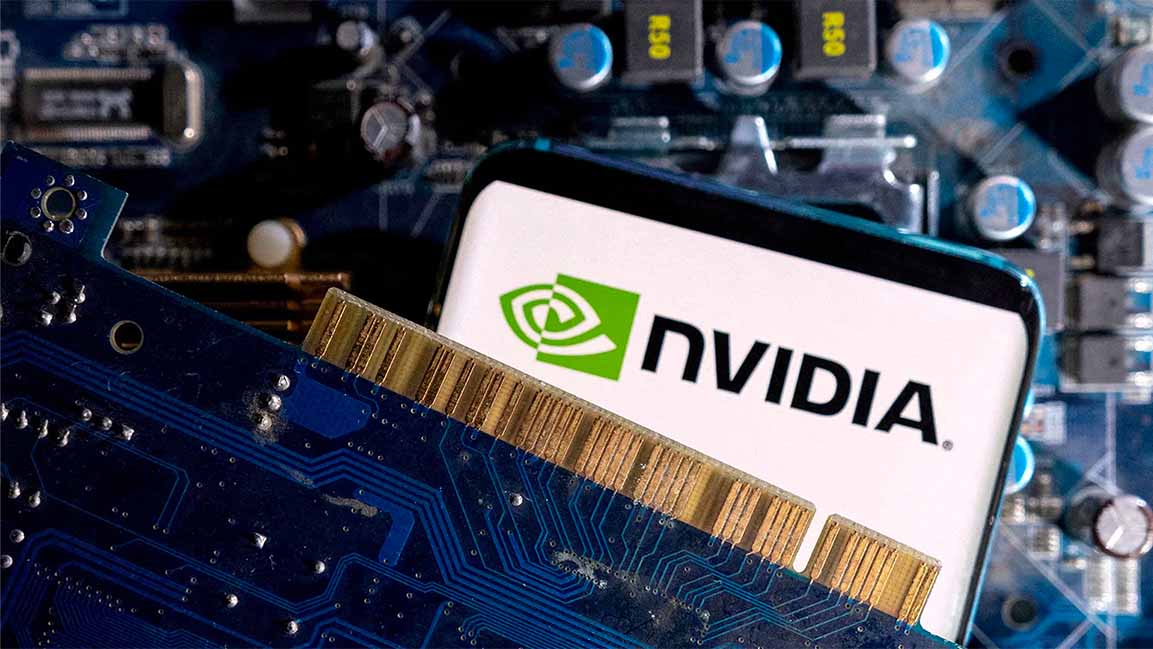- | 8:00 am
Your ‘AI first’ company is giving me AI fatigue
Not every company is an AI-first company. Stop trying to force it.

We are officially reaching the phase in the tech cycle where a new technology (in this case, artificial intelligence) goes from truly wondrous to truly annoying. Every organization now seems to be using it—or the idea of it—to ride the hype wave to achieve attention, clicks, or, you know, just a few more customers. And it’s starting to annoy the hell out of me.
I can’t tell you how many pitches I receive from some poor comms person who is forced to proudly exclaim in the first sentence “We’re an AI-first company.”
Yeah, you and everyone else since, oh, early 2023.
The sentence “We’re an AI-first company” has become so commonplace that it’s virtually meaningless. It lacks both nuance and easy verification; I think that more than a few of these companies are banking on their customers not digging too deeply into the claim. But this all-for-show proclamation is a problem because it diminishes the work being done by the companies that are actually at the forefront of AI, doing things with the technology that are unique and potentially groundbreaking—the ones that truly are prioritizing AI.
Let me give you an example: Since early 2023, I’ve received countless “We’re an AI-first company” emails from existing businesses that have done nothing more than add ChatGPT to their workflow. If I remember correctly, one time it was a furniture business that even pitched me on how its ChatGPT use in marketing made it an “AI-first company.”
No.
Using ChatGPT for sales, marketing, or communications with customers does not make you an AI-first company. If that’s all it took, then surely you would have to boast about being an “Excel-first” company, too, because you used a spreadsheet to keep track of your customers.
Contrast that with other pitches I’ve received from small startups in the biotech sector that have a right to assert that they are AI-first companies because they are, for example, building and training their own models to help identify new drugs or treatments for troublesome conditions. They have computer scientists, experts, and developers in artificial intelligence who are creating entirely new processes and solutions using AI technology.
A REBRAND IS DECORATION, NOT FOUNDATION
And while we’re at it, there’s another annoying AI-related thing that is becoming more commonplace by the month. Businesses keep adding “AI” to their company’s name or changing their domain name from .com to .ai. But of course, this does not necessarily make them an AI-first company either.
Again, nuance matters. If you’re a startup that is developing your own AI to power software or gadgets or whatever, then, yes, slap “AI” onto your name and domain. That’s fair and valid, because it’s an accurate description of the fundamental work you do.
PLEASE, LET’S NOT REPEAT THE NFT YEARS
This “AI-ification” trend recalls one of the many horrors of the pandemic years, when virtually every company was bragging about its prowess in the realm of non-fungible tokens (NFTs). This led to a lot of bullshit, a lot of failed promises, and, worst of all, a lot of outright scams.
And don’t get me started on the email pitches from those days. One startup keen to ride the NFT hysteria train like Slim Pickens rode the bomb in Dr. Strangelove sent pitches boasting that it had 50 years of NFT experience. Fifty years! I had no idea NFTs existed in the 1970s! (In actuality, the company had 25 employees with two years of NFT experience each.)
What worries me now is that as each week goes by, companies are increasingly turning to similarly misleading claims. They want to ride that wave of AI hysteria, and that’s not just bad for their customers and clients, but for the AI industry as a whole—especially the companies truly leading the way. It dilutes the perception of just how groundbreaking AI-first companies can be.
So what should the litmus test be for what is truly an AI-first company? That’s something the wider tech industry needs to figure out—and journalists should do their part by not just going along and describing a company as AI-first simply because a press release says it is.
In my opinion, an AI-first company is one that uses its own custom AI tools and models to power the foundational part of its business. In other words, it should actually employ computer scientists and developers who are experts in building unique AI solutions and understand those systems to the core. An online retailer with an off-the-shelf AI chatbot is not.
AI can be truly transformational for society, but it’s important that the public has an accurate understanding of how companies use it. If people are misled or underwhelmed by questionable claims, it will be that much harder for truly AI-first companies to gain the public’s trust in the technology in the critical years ahead.








































